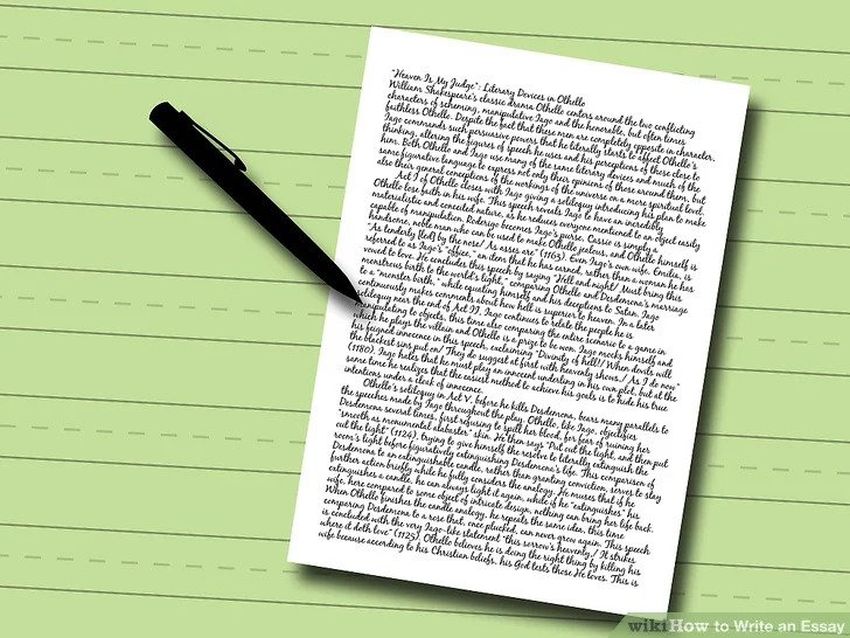If you’re anything like most students, you probably feel quite uncomfortable when coming up with a college essay topic entirely on your own.
The clock is ticking away and you are looking at a blank screen, petrified. Maybe the whole process of writing feels challenging for you, and perhaps the weight of the task significantly drops once you know what your assignment actually is?

source:penmypaper.com
Choosing a topic that will help you express yourself and stand out in the class, luckily, isn’t a skill that cannot be learned. Here are some questions to ask yourself to make the brainstorming process easier and more efficient.
Page Contents
1. What topics interest you the most?
The first and the most important thing you should ask yourself before you decide on an essay topic is: Which matters make me want to engage, find out more, and share my opinion? This question will help you define the issues you’d like to address in your written assignment, and choosing the right one will come much easier.
Picking out a topic that makes your heart rate is beneficial for practical reasons, too. Before you actually begin to write, you will need to do a lot of research and spend a significant amount of time preparing the main points and questions you’ll need to ask. Choosing the one that interests you will help you stay motivated and true to yourself and your beliefs.
2. Is your chosen topic too broad or too narrow?
Once you’ve successfully listed concepts, ideas, and matters you care about, it’s time to choose the winner. One area of interest will perhaps become more appealing than others, and you will find yourself thinking: This could be the one.
When this happens, the time has come to ask yourself: Is my chosen topic too wide, or too narrow for this assignment?
A topic that’s way too broad isn’t an affordable option. It will require that you read a lot of research material, and will probably be difficult to narrow down if a proposed word count isn’t high enough. A topic that’s too narrow, on the other hand, will be easier to handle, but you won’t be able to go far with it.
If your chosen topic is too broad, select a specific aspect related to it and narrow it down. If the topic is too limiting, consider different approaches you can take when writing about it, or abandon this idea and move on to the one that offers you more freedom.
3. What are you aiming for?
The third question you should ask in the process of looking for a great topic for your essay is: What is the purpose of this assignment, and what value can I offer as its writer?” Is your goal to convince the reader of something, contrast two different issues, propose a question, or perhaps present yourself, your life and personal experiences?
Now is a good time to review any instructions you might have gotten that concern this custom academic project. If there are any explicit directions that offer answers to the question that concerns the essay purpose, they can help you choose the topic a whole lot easier.

source:fluentu.com
4. How easily can you access the resources you need?
Let’s sum previous questions up and add one more important insight.
The best topic you can choose for your written assignment is something that you personally care about, it’s not too broad nor too narrow, and your goals must be clearly addressed in this paper. Now that you have a clearer picture of what might work for you, there’s one more thing you should be mindful of.
Certain controversial or complex topics that had little debate about them offer a limited scope of literature and references you can learn from. If you pick a topic that lacks referential resources you need, it will be more difficult to see it through successfully.
5. What if you want to change the topic in the process of writing?
SuperiorPapers content manager and education topics writer Selena Mitchell emphasizes that flexibility is one of the most important skills for a writer of any kind. Ideas and solutions won’t come to you for free, but if you stay dedicated and adaptable, you’ll save yourself from a lot of unnecessary stress.
What does this flexibility mean in practice? You never know when a great idea may strike, and you’ll do yourself no service if you fail to recognize and acknowledge it. What if the great topic you were looking for gets in your mind once you’ve already started writing about a different matter? If the deadline allows it, feel free to change the course and go with the topic that “calls” for you.

source:wikihow.com
Conclusion
What if you can tackle a challenge that is writing a well-grounded academic essay, but finding a topic you’re passionate about represents a real struggle for you? Don’t despair, great ideas are everywhere around you: in books, on magazine covers, online, even in your own experience. All you need to do is relax, take some time to think, and look for the thought that sticks.
Hitting a creative block happens to every student now and then, but it’s never a permanent state of affairs. Take your time and carefully consider the pieces of advice listed above, and your search for the perfect essay topic will surely end successfully.





